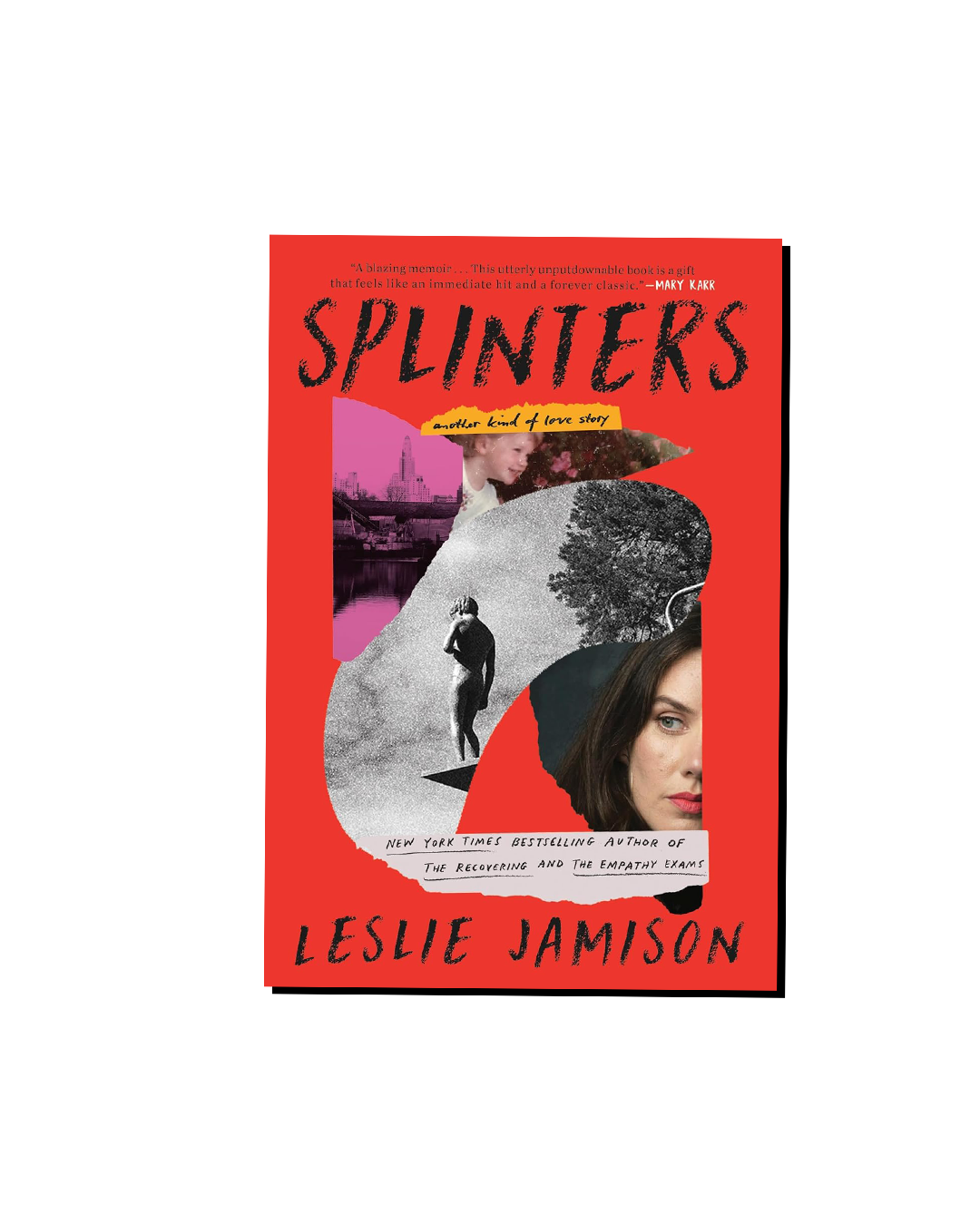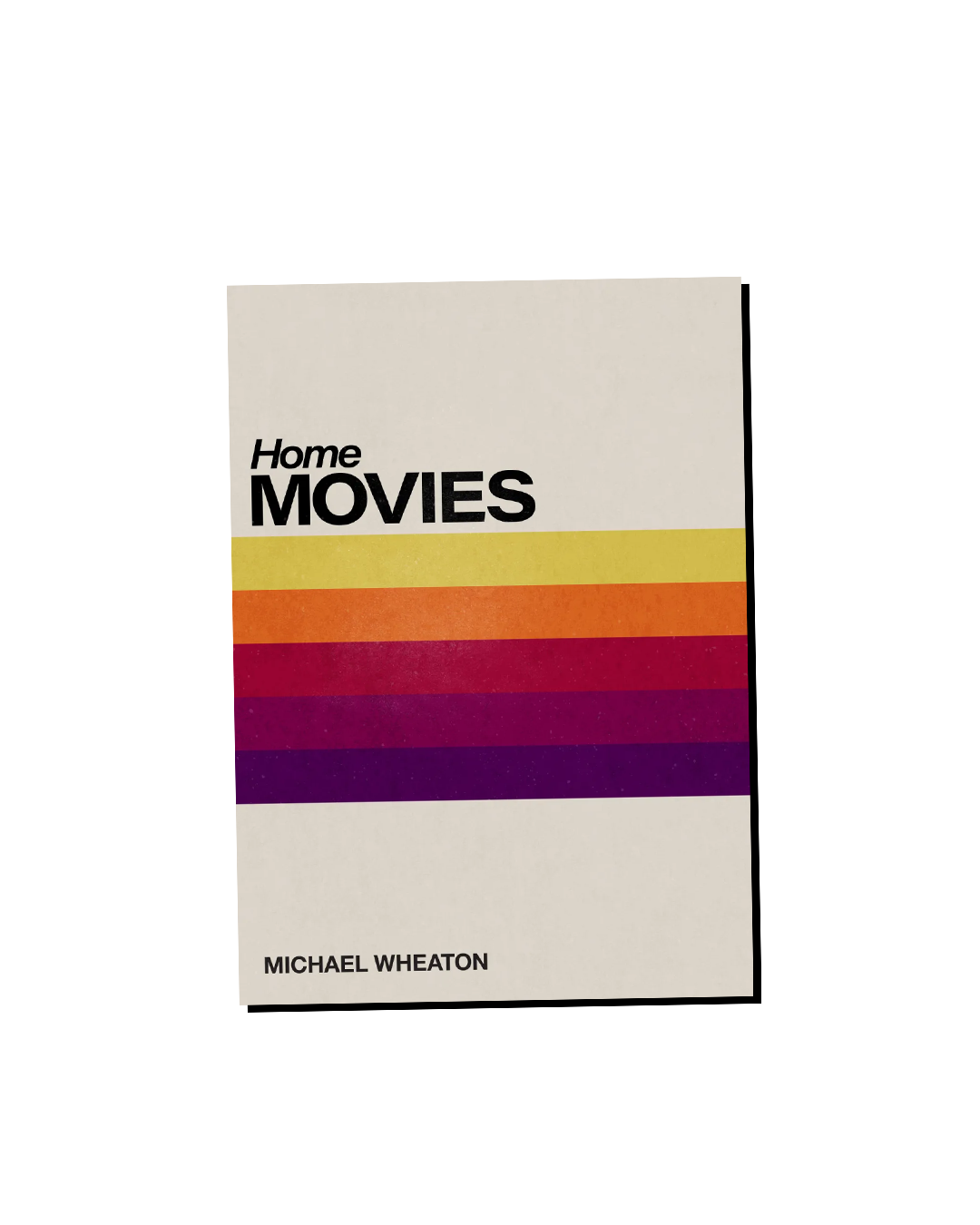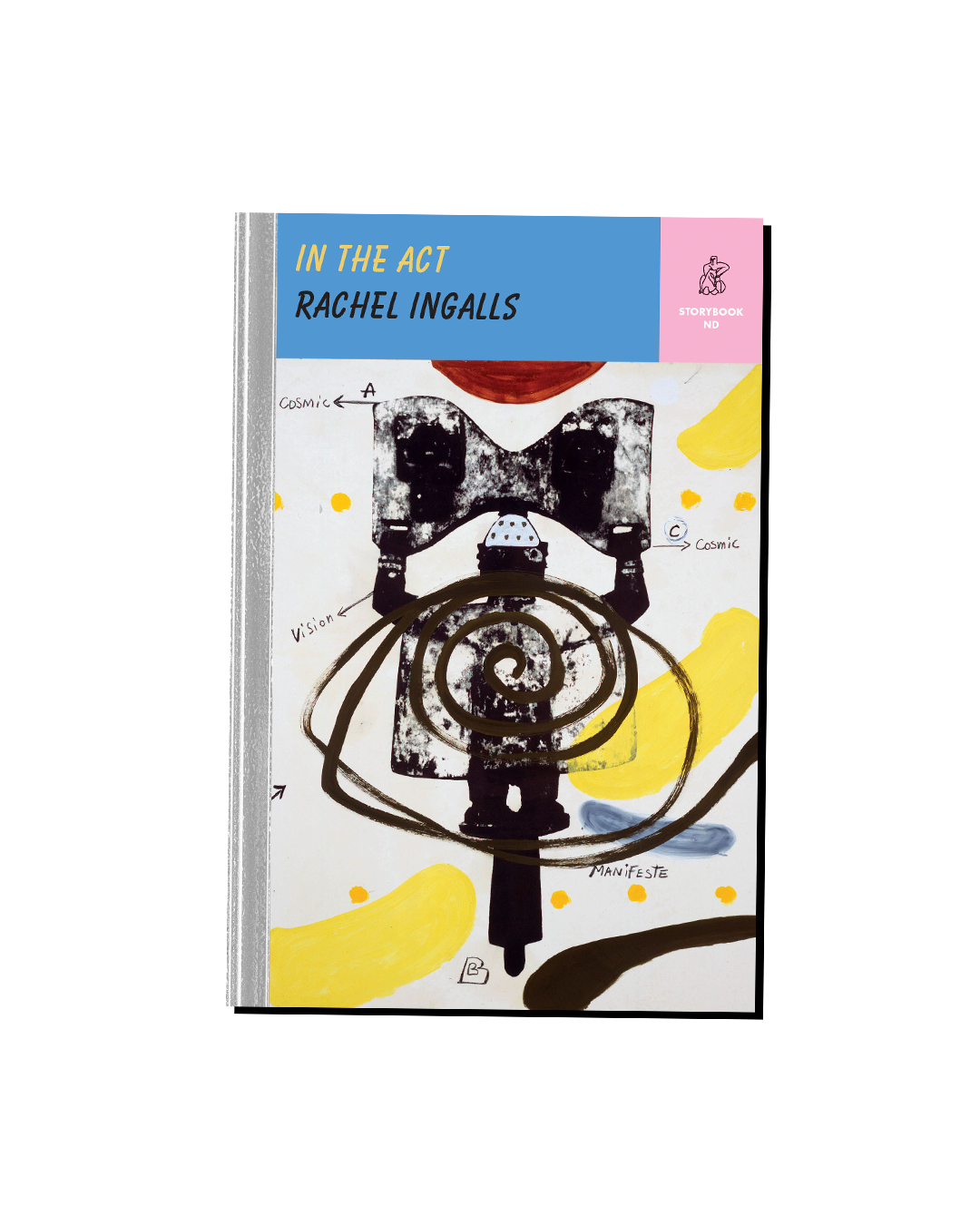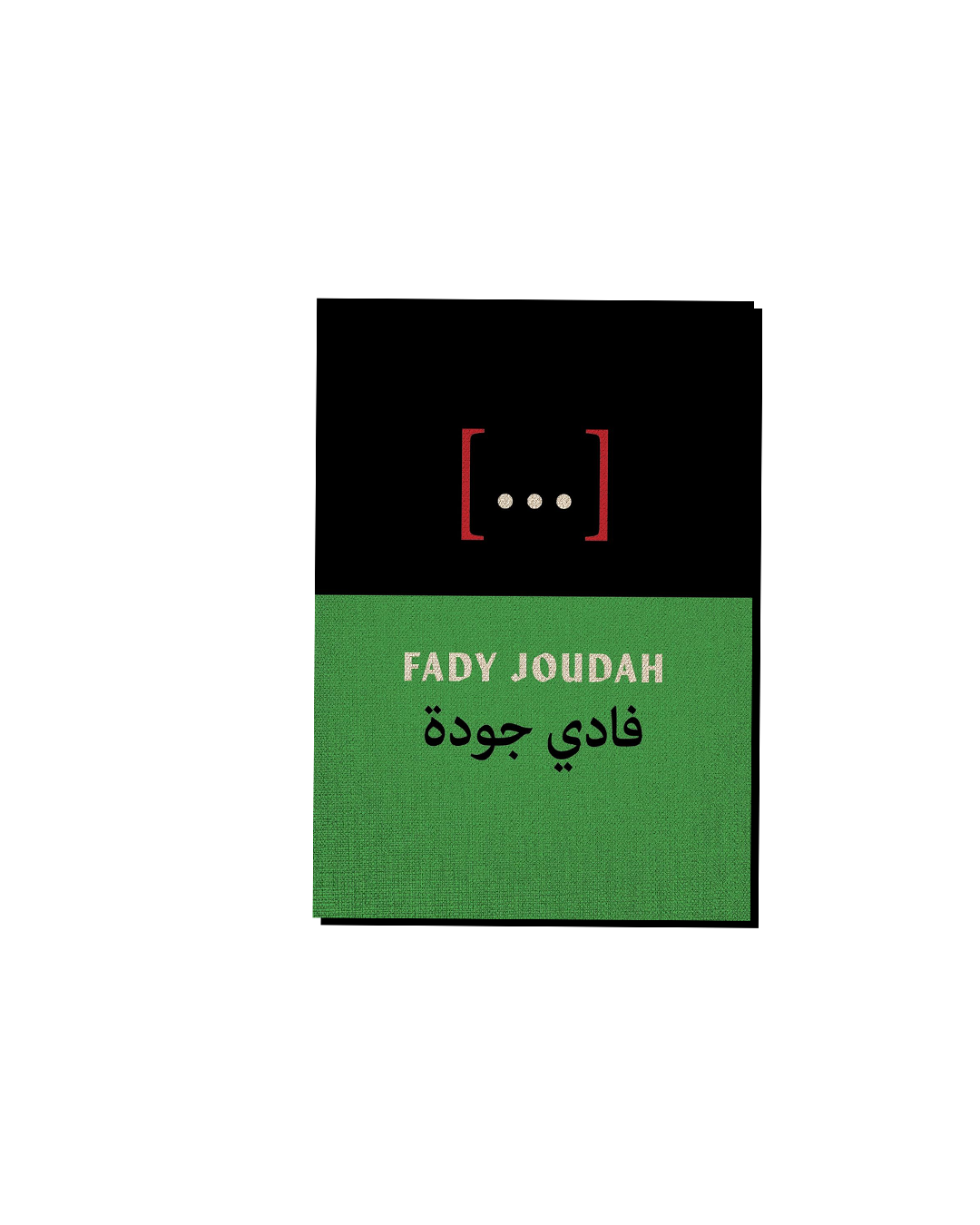from “Four Concretures”
chog an experience in eppy set: {x},{x} smeers to {yyyyyy}, concresscing, cryssle (CR) to cemend (CM). i positt a numbmur (n), it hings
Mired by Monolingualism: On “The Autobiography of a Language”
These languages are kin; overlapping in vocabulary and structure, but diverging in pronunciation: Ukrainian, it is said, is more melodic.
Awe Studies: From “The querent”
To feel joined in a collective that knows how personal and heartbreaking a cultural betrayal can be, and to share the feeling of being met where one is, at odds with surrendering, disappointed it isn’t another way.
“Smart Poem” and “Good Person”
I keep meaning to write a poem about something really smart.
Beauty in the Breakdown: On Leslie Jamison’s “Splinters”
A certain kind of glamor resides not just in possessing a void like the great emptiness—which lends the person who holds it an air of depth, impenetrability, and mystery—but in one’s reaching for destructive, impulsive, or obsessive remedies to fill that void.
Play Acts: or, How I (Actually) Survived a Zombie Attack
A kind of reading that doesn’t just describe what happened in a story, but actually performs it. The only way to read the story is to play it, and the only way to play the story is to do it, to completely embody it.
Awe Studies: Resisting Awe
Awe is a kind of surprise that resists pity or cynicism. It is not relative or subjective. It’s an active and dynamic process that cannot be separated from its twin concept, wonder.
A Presence Solved by Its Own Absence: On Anne Carson’s “Wrong Norma”
Whatever answers are to be found lie in the blank space around them, that looming, claustrophobic blankness. Snow. Shame. History. Monstrosity. The steaming, stinking heap of it. Carson lets it answer for itself.
Terminal Lucidity: Ways of Seeing and Thinking About Don DeLillo’s Late Style
I am taken by the unique vibration his work strikes deep in my organs, how different these internal resonances are from how DeLillo is regularly discussed in the contemporary landscape—how his work makes me feel, to be blunt about it.
Awe Studies: LINER NOTES
I suspect that everything I do or say after 11 pm is lunatic. Panic about it at 5 am. In real life a police officer shoots a man twenty times in his own backyard. Is there someplace else to stand? No. (Shaved pubes.)
A Tourist in the Underworld: On Tomas Tranströmer
To begin with “klang” is inherently onomatopoetic: you get the primary sound and also its “klang,” you get the signification and its associative resonance. So many of Tranströmer’s poems are about listening, or even living, in a kind of sonic aftermath.
Art Over Numbers: On Independent Publishers and Small Press Practices
Since a certain amount of funding is potentially coming from grants, donors, and (hopefully) the press’s Board of Directors, there are more variables to consider.
Awe Studies: Sound, Grief, and Imagination
I cry a little, too, because it all feels so cliché. That I should look at my mother and realize she’ll die one day. That she should notice my tears becoming heavenly–sorry, heavy–and approach me, open-armed.
The Game Becomes a Storytelling Machine: On “Tears of the Kingdom”
Because the place we’re standing now matters so much less than the ingenious and idiotic ways we managed to get there.
from “Home Movies”
I’d like the work I do to matter somehow, which is all the proof I need that it doesn’t.
Third Place Husbands: On Rachel Ingalls’ “In the Act”
It is not uncommon for love to become transactional over time, and for ideals like romance to eventually give way to revenge and hatred.
Awe Studies: An Introduction
The pieces in this series find ways to speak into and around awe—often figured as speechlessness, to be dumbfounded—and how its overwhelming facts can run through our lives.
“To Remembrance When a Mercy”: On Fady Joudah
Because the question, as Joudah points out, is not repeatedly being asked: do you believe that Palestinian lives are equal to Israeli lives and Jewish lives?
from “We Made it to School Alive”
& that someone asked the blushed face father will he see him again & he said absolutely absolutely & I thought we are the same
Grief’s Many Voices: On Blake Butler’s “Molly”
Unlike these other texts of loss, he never settles on one position, the memoir reading like a “revolving door” of these roles: Pathologist, Mad Lover, Investigator, Director, Freudian Psychoanalyst, Diarist.




















